AUGUSTA — “No” is an all-too-frequent response Josh Baker and other shelter attendants at Bread of Life Ministries’ homeless shelter have to tell homeless people who call in the midst of a crisis or at a low point in their lives when they’re looking for a bed for themselves and their children.
The 26-bed shelter on Hospital Street, the only homeless shelter for the general public in Augusta, is almost always full, and the waiting list for beds, which is reset every month, is currently about 35 families deep and in the winter can top 60 families.
John Richardson, executive director of Bread of Life Ministries, which also oversees a soup kitchen and owns many apartment buildings it rents out in Augusta, turns away about 180 people and families a year, usually between five and 18 people a month.
“It bothers you greatly. They’re calling when they’re having the worst possible moment of their lives, and what makes it even worse is a lot of the time, they have families so (when you’re saying no, the shelter doesn’t have space for them) you’re putting kids on the street as well,” Baker said.
Officials hope their plan to expand the shelter by adding 14 beds in a two-story addition to the overnight shelter, enough space to add four bedrooms and an office for use by caseworkers, will mean they will never — or at least rarely — have to turn away people looking for a bed in their time of need. The expansion would increase the number of people who could stay at the shelter from 26 to 40.
A fundraising campaign to raise the $510,000 needed to expand the shelter and an adjacent veterans’ shelter also run by Bread of Life is underway to pay for the expansion. The organization calls the fundraising campaign “Never Say No Again.”
The campaign got off to a healthy start due to a more than $100,000 donation from the late Constance Merriam, a local woman who died in 2016 and left money to Bread of Life, and a $33,000 grant from the Home Depot Foundation in the form of gift cards to purchase building materials for the project at the chain of stores. So far a total of $280,000 has been raised, leaving a need to raise $230,000 more.
Dawn Wilbur, 39, of Augusta, was homeless and living in her car with two of her kids before she was able to get space for her and her now 2-year-old daughter, Alannah, and 14-year-old son, Rien.
She said last summer she was evicted from her apartment in Lewiston by her landlord of 14 years with no explanation, leaving her with nowhere to go. She stayed briefly with her sister but couldn’t stay there long-term because she didn’t want to get her sister into trouble with her landlord for having someone else live there. She called Bread of Life seeking shelter and was told they didn’t have any space for her or her family.
She called frequently over two weeks to see if a spot opened up. When it didn’t, she and her son and daughter lived in her car for about a week-and-a-half. Then a space opened up at the shelter, so they moved in. They were there from July into the fall before she moved out and into an apartment, also owned by Bread of Life, where she still lives.
“I came here and didn’t know what to do or where to go. I felt lost, hopeless,” Wilbur said. Bread of Life “gave me hope and the tools to keep pushing forward. Coming here was life-changing for me.”
Scott Gress, a caseworker at Bread of Life, helped Wilbur find an apartment and a job and helped her enroll her son in school in Augusta. She works as a direct support person, or DSP, for clients at Lifeworks in Augusta, a service with ties to Goodwill that provides services to people with disabilities and other barriers.
Wilbur said she thinks it is awesome there are plans to expand the shelter, which she said could result in fewer people being on the streets, and fewer people sleeping in their cars with their kids.
John Sampson, 46, who has two children, Joseph, 19, who is attending college in Florida, and Abigail, 17, who is in high school, stayed at the homeless shelter for five weeks in 2015 with his two kids. He now lives in an apartment he rents through Bread of Life Ministries and credits the organization and accepting Jesus Christ into his life with helping him turn his life and attitude around.
Sampson works at Cushnoc Brewing Co. in Augusta, where he washes dishes, which he said is the first job he’s held in more than 16 years.
He said he became homeless because he wasn’t able to pay his bills, and “I couldn’t get my attitude under control.”
“I came here and met some incredible people who believed in me, and I asked Jesus Christ to come into my life, and a lot changed,” Sampson said. The shelter, he said, “Put a roof over my head, got my kids going in the right direction and I was able to have time for healing and recovery myself. This is a place where you can make the right decisions and open doors to a future you didn’t know you could have.”
Kristy Chabot, now a sales associate for Century 21 in Augusta who lives in an Augusta apartment she shares with her 5-year-old son, Anthony, and 11-year-old daughter, Alannah Gove, came to the shelter two years ago after she and her kids were evicted from their apartment after her son’s father, the sole breadwinner of the family at the time, left and she fell behind in rent. She couch-surfed with her kids, spending the night at friends’ homes, and put her belongings in storage. But without a job, she fell behind on rent for her storage unit, too, and lost all her furniture and other belongings that were kept there.
She and her kids got into the shelter, where they stayed for about two months, before she moved to a subsidized Bread of Life owned apartment building. Eventually she wants to buy her own house.
Shelter workers helped her find resources which had furniture for her, helped her work out payment arrangements to pay off her debt, and helped enroll her son in Head Start.
She found a job with Century 21, which helped her get her real estate license.
“I wouldn’t be where I am today if I didn’t have this resource,” she said of Bread of Life. “I was hesitant about coming into a shelter, but I had no other choice. It was much better than I anticipated it being.”
The shelter is also going to expand its shelter for veterans, which is adjacent to the family overnight shelter, by adding three new bedrooms to provide more space and privacy for veterans who live at the facility, which takes up to 12 veterans a night and which Richardson said is also almost always full.
Richardson said plans to expand the veterans’ shelter would double the number of bedrooms it has, from three to six, add another full bathroom, and double the size of the building’s cooking and eating space, so everybody will be able to eat together at once. He said the shelter currently contracts with VA Maine Healthcare System-Togus to provide space for 12 veterans.
The new space could eventually provide space for more veterans, but for now will at least give veterans using the facility now more room and privacy.
One of the new bedrooms and the new bathroom will be on the first floor of the veterans’ shelter, providing the shelter, where all the other bedrooms are upstairs, with a bedroom accessible by veterans with mobility problems.
David Austin, 51, of Augusta, an Army veteran who served from 1985 until 1987 when he was discharged following a car accident with other soldiers in Germany in which he suffered a traumatic brain injury that left him unable to fulfill his duties, came to the shelter in 2015. He was in jail and facing five years in prison for theft and driving after revocation. He said the theft was to get money to feed his cocaine habit. After he was arrested he reached an agreement through the Co-Occurring Disorders and Veterans Court that would keep him out of prison if he stuck to an agreement with the court which included a requirement he stay sober. Part of the program’s requirements were that he have a stable place to live. He didn’t have one; he was homeless. Initially he went to a shelter in Waterville but then learned about the veterans’ shelter at Bread of Life. Despite his injuries from the accident while he was in the Army, he did not have “service connected” status which would have provided him with money to live on. Nor was he eligible, initially, for federal funding assistance to stay at the veterans’ shelter.
He said Bread of Life workers took him in at the veterans’ shelter anyway, initially putting him on a bed in an office. They helped him get “service connected” status for his disability. He moved out of the shelter, into an Augusta apartment, after 90 days.
Austin, who has a 16-year-old son and daughter and 18 year-old daughter, said he’s been clean and sober for 21 months.
He volunteers, five days a week, driving Bread of Life’s van to collect and distribute food donated by area businesses, people and organizations.
“It just feels good to give back to the people who helped me,” Austin said. “They provided me a bed when I had nowhere to go. They connected me with resources, providing a secure environment. Without them, hypothetically I could have fallen back into substance abuse. I wouldn’t be here, where I am now. They stuck their necks out, believing in me.”
He said there is a huge number of veterans who are homeless that people don’t know about.
The family shelter last year provided beds for at least one night to 143 different people, 47 of whom were children, while the veterans’ shelter averages about 100 different veterans a year staying there for at least one night.
The family shelter expansion would add 1,244 square feet to 155 Hospital St., and the veterans’ shelter expansion would add 888 square feet to 157 Hospital St.
Richardson said they hope to start construction this summer and have the additional shelter space in use before next winter.
Richardson said the shelter doesn’t just provide beds. Each client who enters the shelter goes through a screening and assessment process which is used to form a plan of care, which includes goals they are required to work on, that is meant to address problems that likely contributed to them becoming homeless. During the day, when residents on weekdays are not usually allowed to remain at the family shelter, they are expected to work on the goals of their plans, which often include seeking employment, attending drug treatment or Alcoholics Anonymous meetings, seeking housing, meeting with employment specialists, and meeting with medical professionals to address any unmet physical or mental health needs.
Richardson said those services are partly meant to help prevent residents who stay at the shelter from returning to homelessness after they leave.
Residents who repeatedly refuse to work to meet the goals of their plans of care can be ordered to leave the shelter, though that is rare, Richardson said.
He said 90 percent of people who come to the shelter and are placed in housing after they leave don’t return to homelessness.
“Our goal is to give them every chance and tool they need to see the best version of themselves, that they may not even see as a possibility,” Richardson said.
Gress said last Friday a man just out of prison and with no family who’d take him in called late in the day, looking for a place to stay. The shelter, as it almost always is, was full, but Gress did what he could to set the man up with other resources and made an appointment for him with the city’s general assistance office, which can help people in need find housing, for Monday morning. The next day Gress was walking to the dog park at Mill Park in Augusta and saw the man he’d had to turn away from the shelter because it didn’t have any beds available there, and knew he had probably spent the night outside. He said it’s a difficult thing to do to have to turn someone away in their time of need.
Gress and Baker hope the planned shelter expansion will mean telling a homeless family no, the shelter doesn’t have space for them, will occur much less often, but Baker said there will likely still be times when the demand for beds exceeds the supply.
“It will go a long way toward minimizing the number of times we have to say no,” Baker said, “but even adding this many beds, the need is still great in the community.”
Keith Edwards — 621-5647
Send questions/comments to the editors.


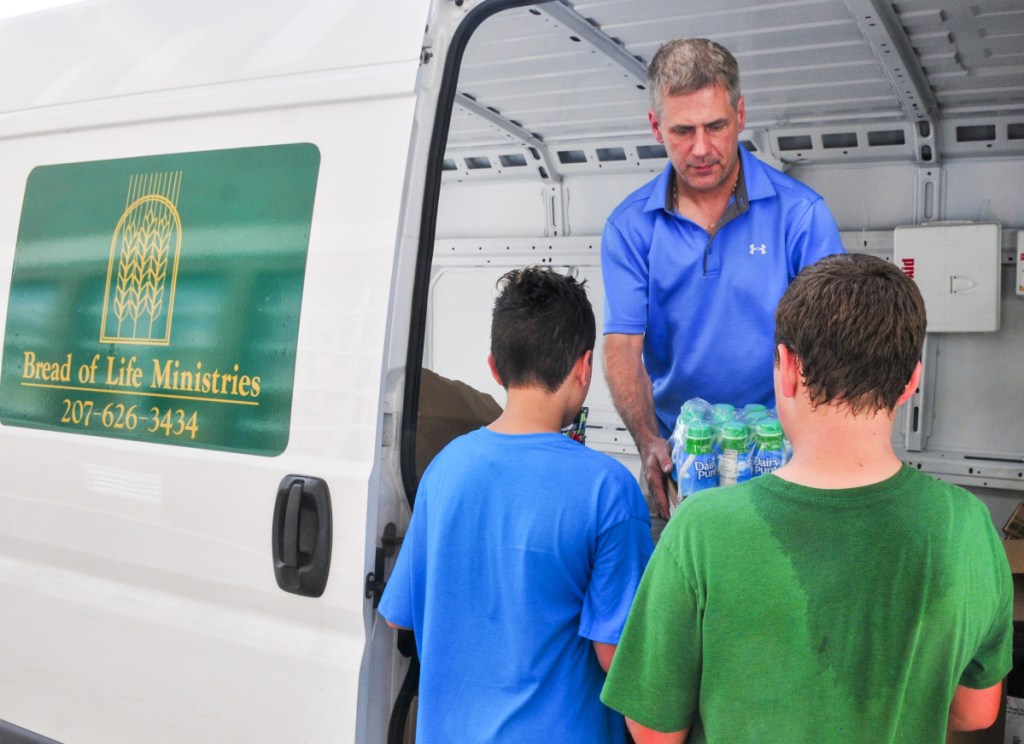
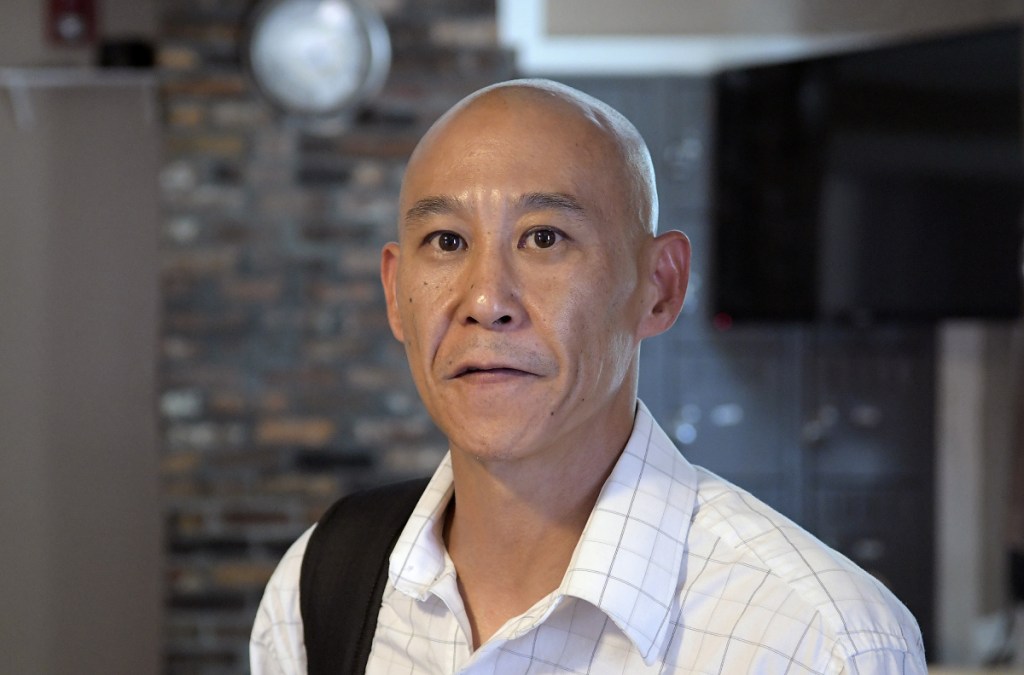
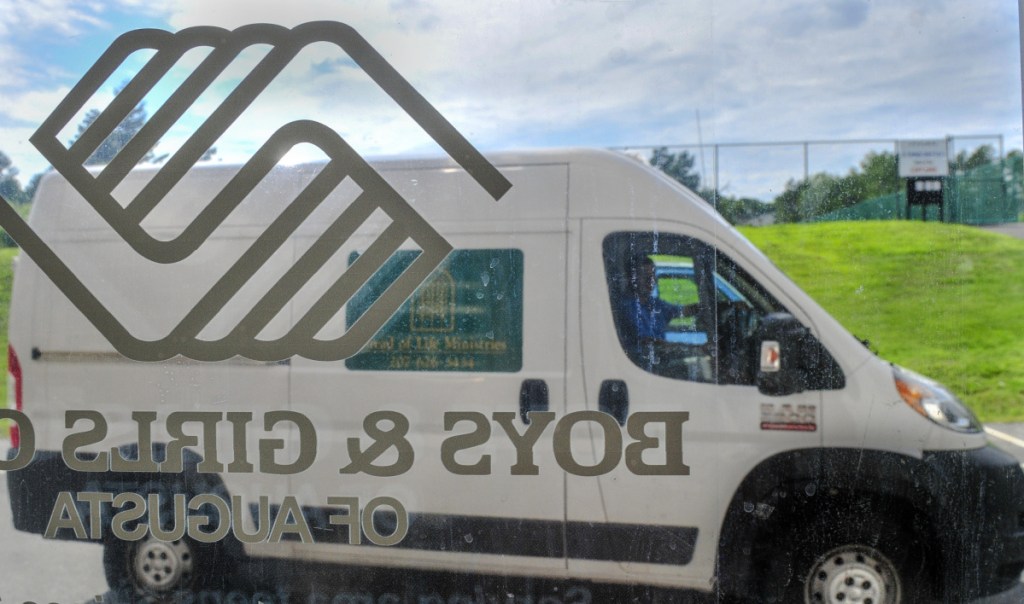
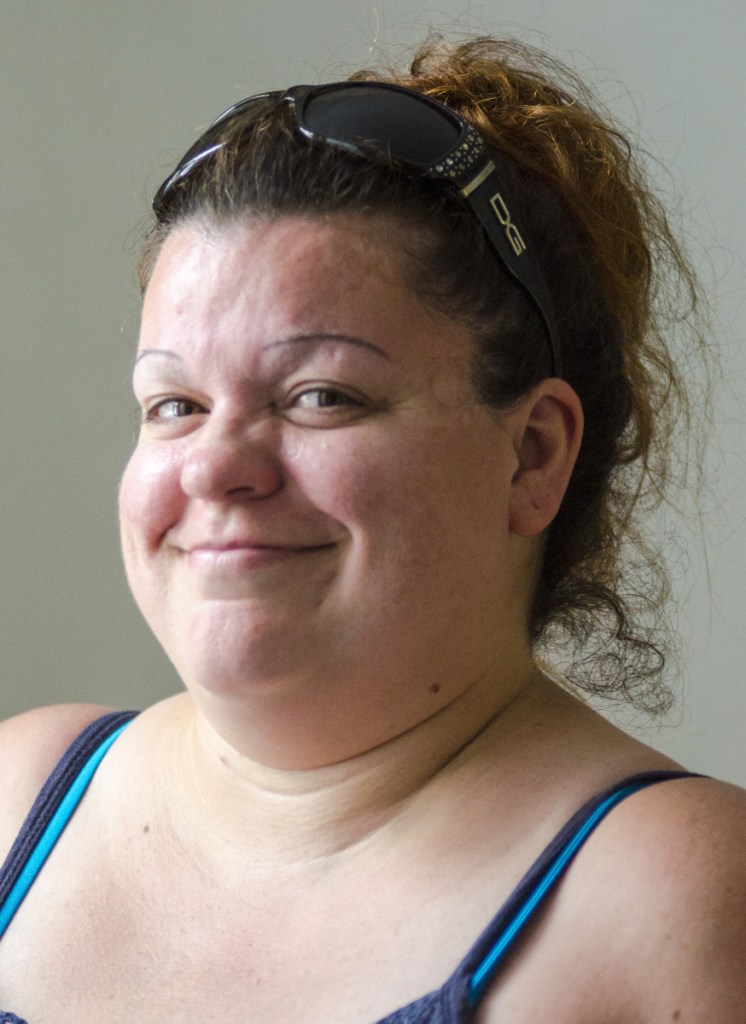
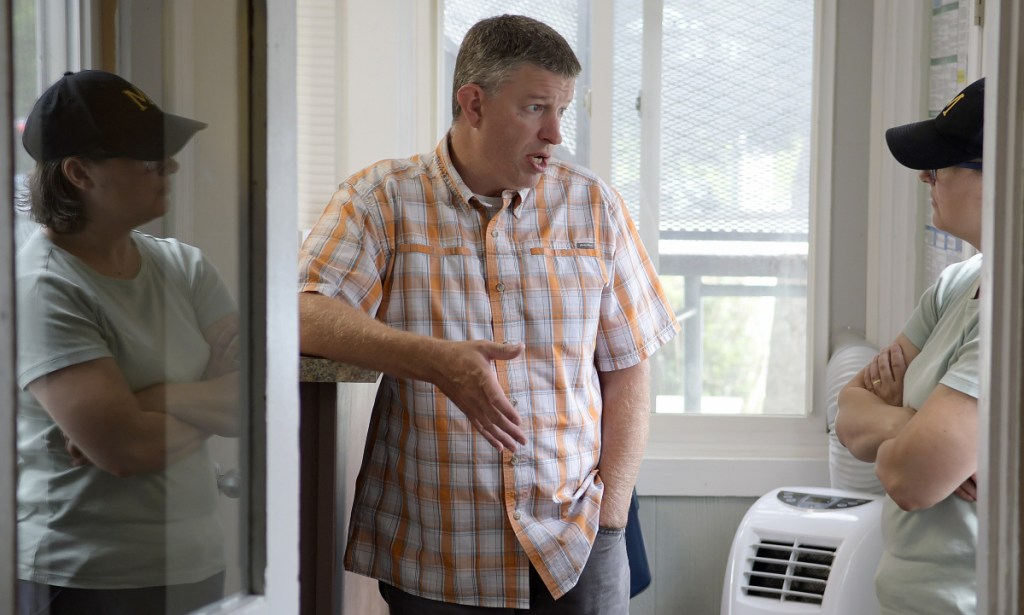
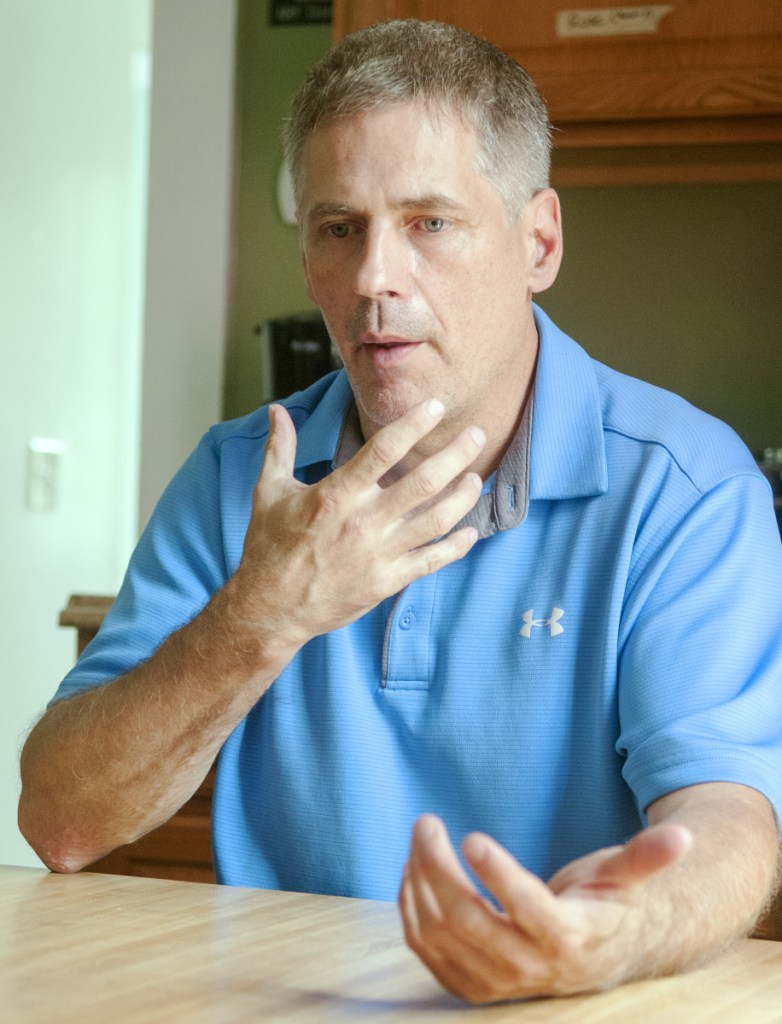
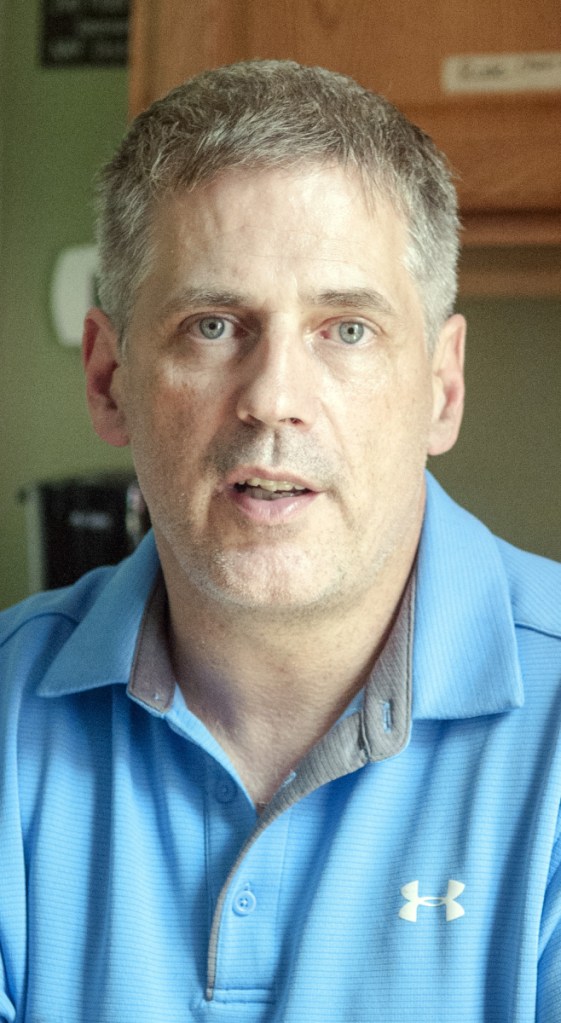

Comments are no longer available on this story